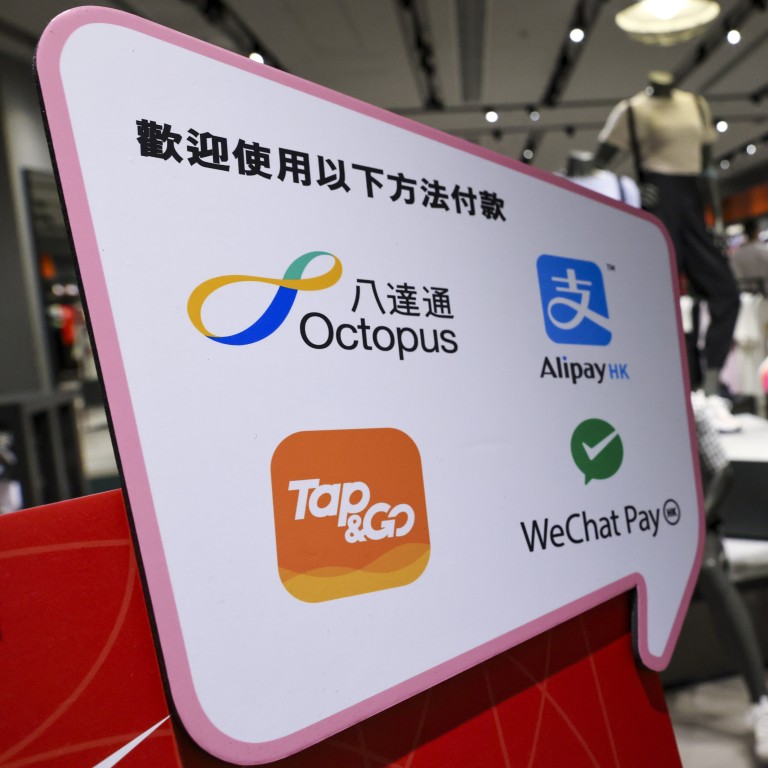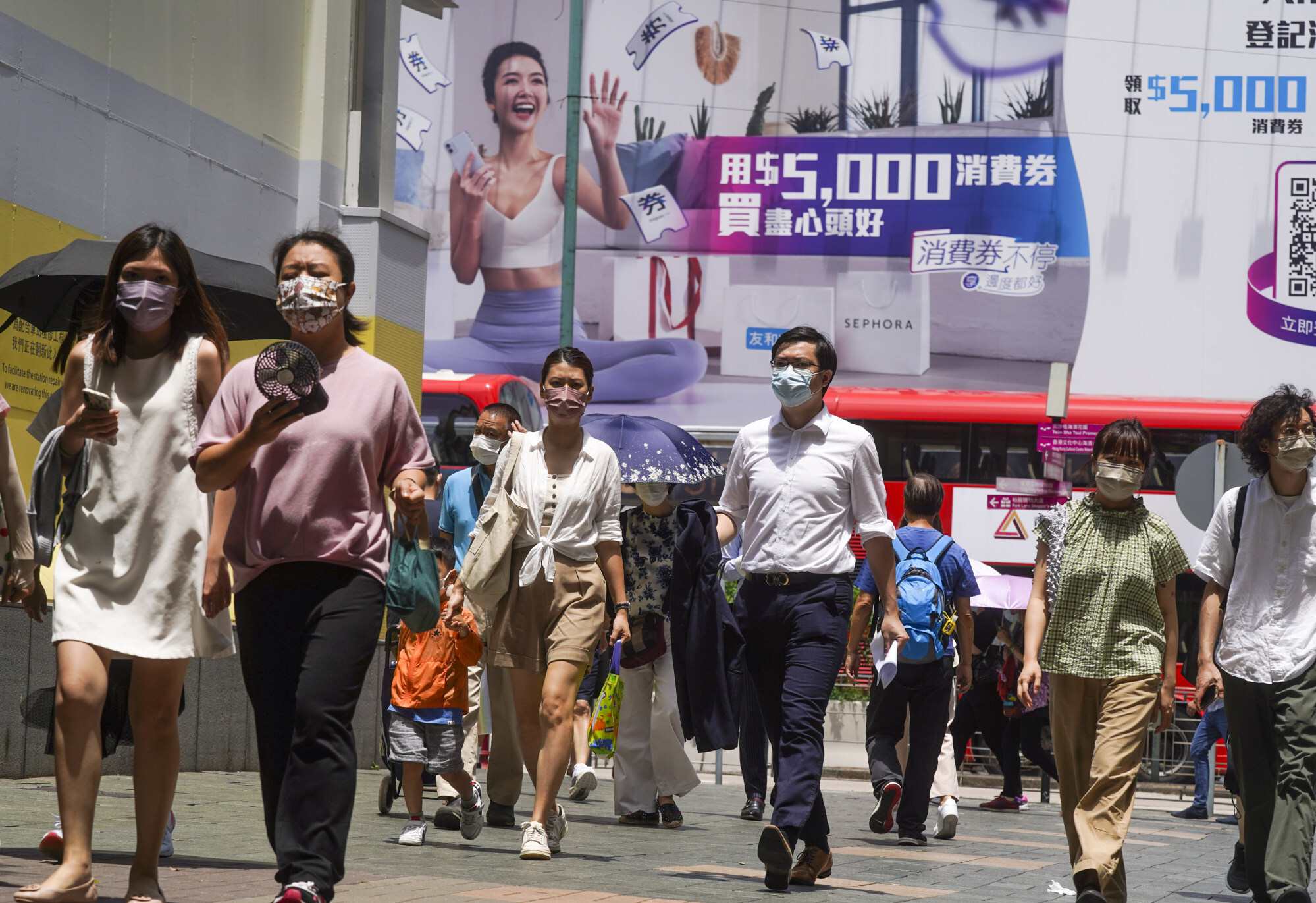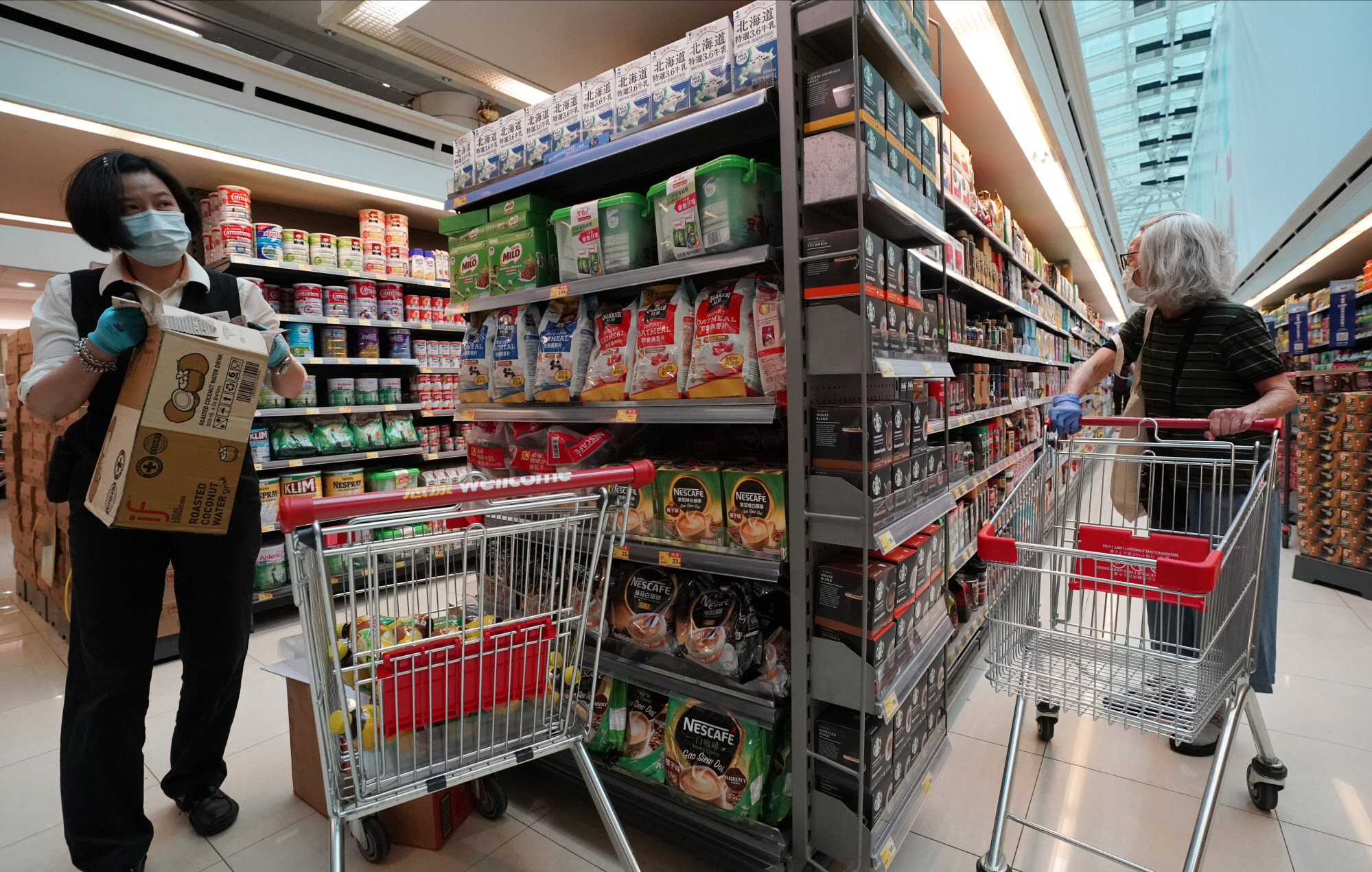
Why McDonald’s, KFC and supermarkets will be the real winners from Hong Kong government’s HK$5,000 consumption voucher scheme
- Hongkongers will use the windfall to buy daily necessities at Wellcome and ParknShop supermarkets, rather than family-run retailers and wet market stall owners
- The other major winner of the handout will be fast food outlets – you won’t see Michelin-starred restaurants accepting an Octopus card for payment
Finally, the Hong Kong government has rolled out its consumption voucher scheme. I had assumed the giveaway, announced in February, would have occurred much sooner, because wasn’t the whole point to boost the pandemic-hit economy?
While we’re not completely out of the woods on Covid-19, it would appear the worst is over. There have been no local outbreaks for months, vaccinations are slowly increasing thanks to incentives that include lucky draws, and normal activities – such as dining out and going to bars – are resuming even if some restrictions are still in place.
The need for a financial injection is less severe, so this giveaway feels more like a token reward for surviving hard times, like a glass of water for someone who’s finally crossed the Sahara, even though the liquid might have been more useful while severely dehydrated in a sand dune under the blazing sun.
Anyway, it’s better than nothing. The goal is to prop up the whole market. That’s why “spending together, boosting the economy” is the slogan. Government materials have stressed it’s about encouraging activity for “local retail, service and catering”.

Dividing the HK$5,000 (US$643) into two or three payments through various e-payment options means the little bit of extra cash is parcelled into even smaller amounts, enough for petty cash use, really. Even with a single lump sum of the full amount, it’s not much to really splurge on anything significant – like a car, home furnishings or even an upgraded computer. HK$5,000 barely buys a new phone nowadays.
I reckon most folks will just spend most of the handout at supermarkets. My guess is a lot of families will be stocking up on daily necessities. Instant noodles, canned goods, Coke and toilet paper will be in high demand. Middle-class households might indulge a bit more on frozen Hokkaido scallops, extra tubs of Haagen-Dazs ice cream, and maybe some wagyu beef for stir-frying.
When restaurants don’t care enough to get dishes right
Who do you suppose the biggest beneficiary of everyone’s windfall would be? I’m betting it’s the two big grocery giants, Wellcome and ParknShop. I’m not sure all the family-run retailers and wet market stall owners have had a chance to connect to every single payment option. Plus, the average shopper likely won’t risk going to a smaller shop and not being able to use their Octopus card.
For convenience’s sake, I suspect most households will just spend it at their nearest supermarket – and they are everywhere.
The cynic in me worries these two big players will further take advantage of their position to milk everyone’s subsidy to the max. One clear sign is if, suddenly, there are a lot fewer in-store discounts and sales. Worse, the price of most goods might even go up. It would not surprise me if the regular prices of many products are marked up and then promoted as being “on sale” at their previous regular price.
The other major winners of the handout will surely be fast food outlets. HK$2,000 barely covers dinner for two at some of the town’s nicer restaurants – and as far as I know, no Michelin-starred restaurant accepts payment by Octopus card.

You could go for a Chinese banquet family meal, but will the really cheap auntie do the unscrupulous thing of paying the whole bill electronically, then wait for everyone to repay her in cash?
In the end, trickle down (or should that be trickle up?) will be great for the tycoons and companies that run Fairwood, Cafe de Coral, KFC, McDonald’s and Maxim’s. As always, those who benefit the most are already in the top tier. That’s not really a criticism of the giveaway programme, it’s just the structural reality of Hong Kong’s economy.
Enjoy your HK$5,000.

